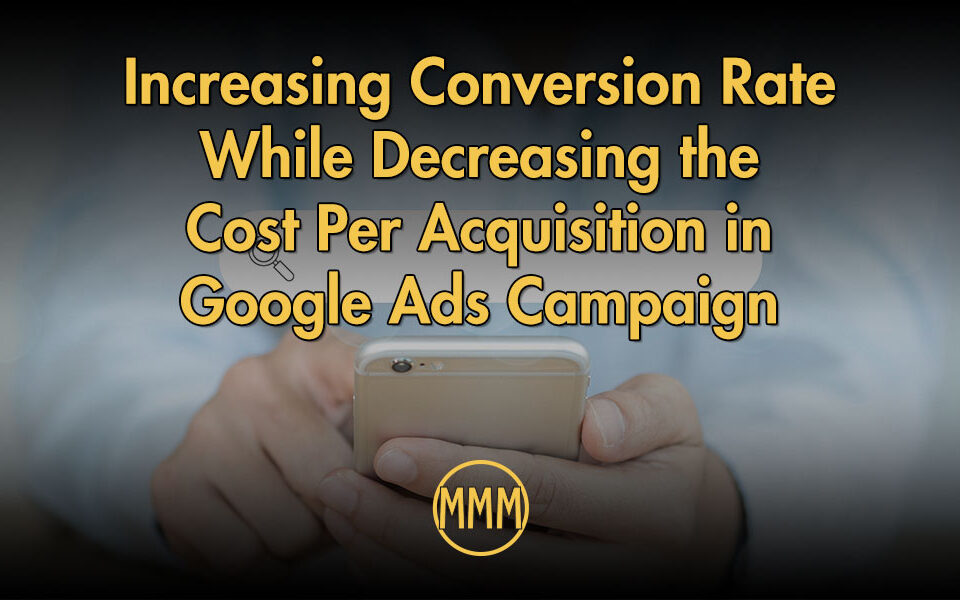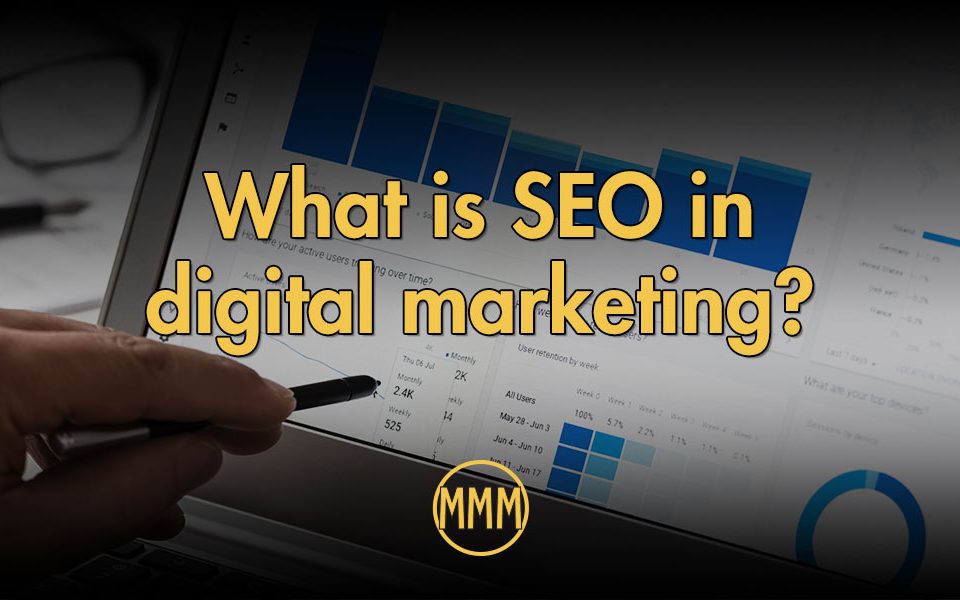What is Social Proof in Digital Marketing?

Segmenting Your Email List for More Conversions
June 3, 2019
Find Audience Demographics Using Google Analytics
August 16, 2019Social proof is a marketing buzzword that has been floating around for a while. The origin of the word actually dates back to 1984, in which Robert Cialdini, in his book, Influence, coined the term “Social proof.” Cialdini describes it as “a psychological and social phenomenon wherein people copy the actions of others in an attempt to undertake behavior in a given situation.” You can read more about it here on Wikipedia. How does this relate to marketing and particularly digital marketing?
Today social proof is the culmination of all the outside influences directed at you and/or your company. The idea behind using that term is that if enough people say certain things about you or your company, it influences others in thinking the same way, good or bad, about you, your company, or your products or your services. The types of social proof go beyond traditional customer reviews. Your social proof is influenced by your social networks, social media posts, social sharing, and the comments left on those platforms.
Studies have shown that the younger generations, as they mature into consumers, are very likely to use social proof to decide which product to purchase. They are also more likely to share their experiences on social media, leave reviews, and overall, be influenced by what other people, whether they know them or not, say about you. With that said, you can use this social influence to your advantage to reach more potential customers. Here are some of the marketing tactics you can use to increase your social proof.
Place your social proof where your audience is finding you?
If you have a regularly searched product, your strategy for social proof will start on Google. Google puts the reviews that are written about your company right out in front of your audience. Think about this, if all things are equal between you and your competition, your audience will start looking at what others say about you. If you have zero Google reviews and your competition has 50, you don’t need me to tell you how that will work out.
If you have a product that your audience may purchase on impulse, then you need to add your social proof to the product page or landing page or wherever your digital marketing is directing them to go. For impulse buys, there needs to be more than testimonials about your product. Case studies or usage videos will also help your target audience make their decision to buy. I’ll give you a real-world example.
We have a mosquito issue on our porch. It seems that every time the weather is right to sit outside and enjoy the evening, the mosquitoes are out in full force. It would not be an exaggeration to say that after sitting out there for 20 or 30 minutes, we would have 5 or 6 bites on various parts of our bodies. At times, it makes the porch unusable.
One day, I read an article about incense sticks that worked well for keeping away mosquitoes and had all 5-star reviews. We read the reviews and purchased the incense sticks. Because there were so many raves about the product, we were willing to give them a try.
My point of the story is that if it was just the reviewer’s opinion from the article, we might have just passed it off as paid PR. Because of the reviews, and they were all positive, we bought the product even though we never heard of it or the company that sold them. This also brings up another point. Not all reviews need to be positive. We are intelligent enough to figure out the trolls from the truly disappointed people with a product.
Your content is another form of social proof.
Creating content is something that you can control to some extent. No one is stopping you from creating content for your target audience. The social proof aspect comes in when the content is liked, shared, and commented on. If the content you create is worthy enough that people will engage with it, then what does that say about the rest of what you do? It shows your audience that you are an authority and people are interested in what you have to say. If people are interested in what you have to say, others will see that and be interested in what you have to say. For example, no one would know who Gary Vaynerchuk is if he didn’t create content that was liked, shared, and commented on worldwide. He wouldn’t be any less engaging or good at what he does, but he certainly wouldn’t be as well known.
Should you invest in influencer marketing for more social proof?
Influencer marketing is having people with large followings on social media endorse your product or service. Perhaps the most famous example of influencer marketing is the Kardashians. They can truly move markets. However, you don’t need to go to that extreme to benefit from influencer marketing.
There is a new movement called micro-influencers. These are just normal people who fit your targeted demographic who have large followings that they can influence. Micro-influencers are harder to find, but it could be worth the effort. They may be more willing to try your product mainly because they aren’t asked that often or at all. All you ask is to give their honest opinion of your product on social media. Yes, they can totally trash you, but that is a risk you will have to be willing to take. Should you invest in the time to find and engage in influencer marketing? I think the risk versus the reward is worth the effort.
I also recommend that you don’t go into it blindly. Learn about these people before you engage with them. Go back through their history and see what they have done in the past. Find other places where they engage and research whether their message is consistent on all the platforms. You don’t want to have any surprises.
Does social proof increase conversion rates?
Social proof can be the differentiator between a conversion and moving on to the next company. However, social proof is probably one of the few things in your marketing effort that you can’t really control. You run the risk of getting negative reviews and others piling on because they had a similar experience. However, the opposite can be true, as well. You don’t know.
I can tell you that I have decided to buy a product based on what was written about it from personal experience. As I said at the beginning, future generations of consumers will be relying on it more to influence their buying decisions. If you haven’t already included it, social proof will need to be a part of your digital marketing strategy. I see this as a positive, particularly from the consumer side.
Social proof will force companies to do good work and put out good products or face the consequences. It is a high risk, high reward proposition. We are moving toward a future in marketing where the consumer will control whether you succeed or fail. It’s a scary proposition, but it could be a tremendous tool in your marketing toolkit if it is done right.




